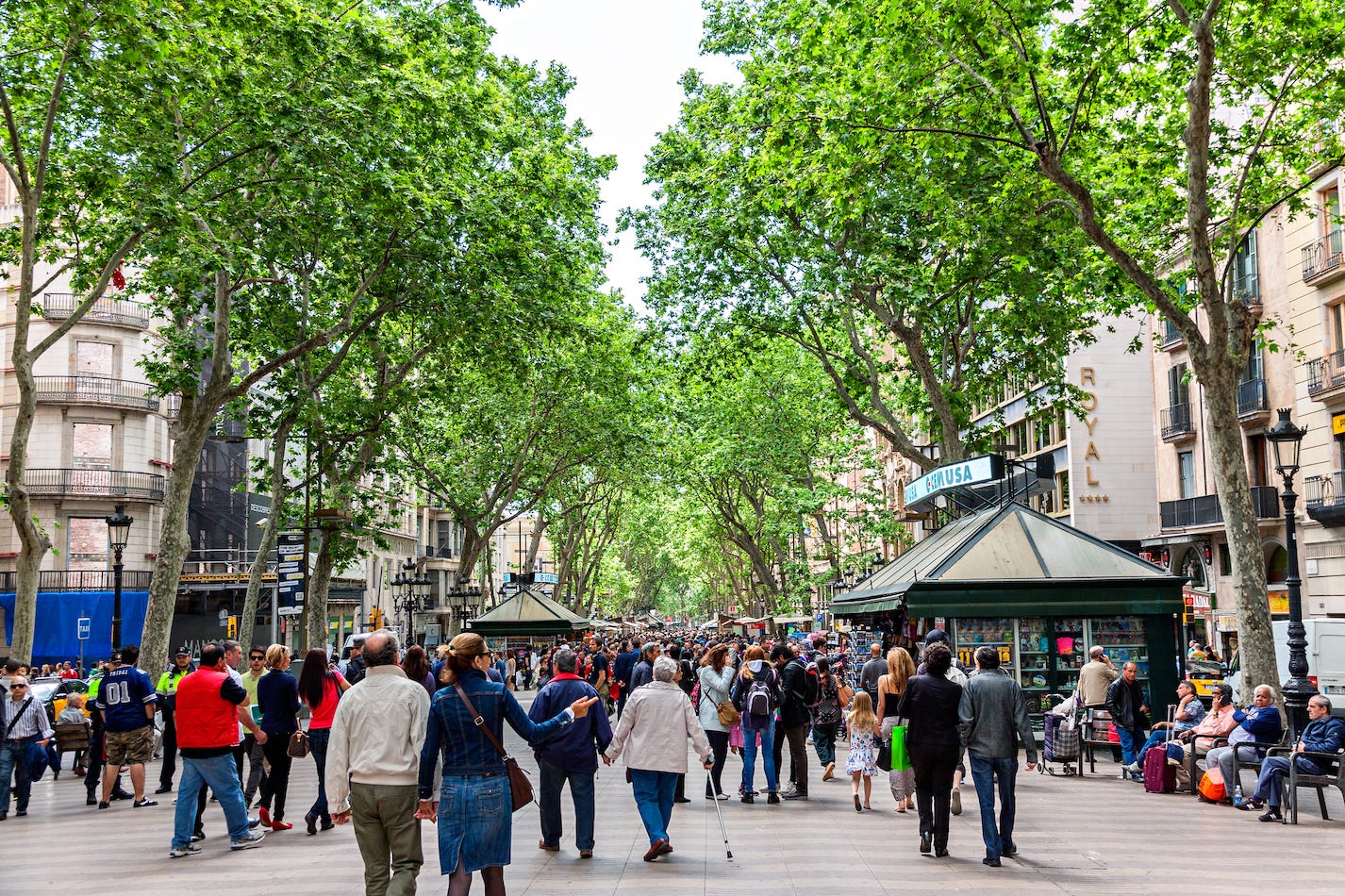New Restrictions On Urban Rentals

There has been considerable controversy in Spain in recent times with regard to tourist rentals in urban areas. As well as the popularity of “City Breaks” made possible by cheap flights, the rise of Airbnb creating a market for inexpensive rooms, apartments and houses, often in residential areas, has encouraged such travel and created a boom in urban tourism.
Whilst this has undoubted economic benefits, it is often not local businesses but international chains that benefit most. Increased tourist numbers also lead to overcrowding on public services and in the most popular streets, a change in the nature of shops with a tendency away from the need of locals to catering for tourists and, perhaps most significant a steep rise in rents, forcing residents further away from the centre. There are also environmental concerns, both with increased waste, higher carbon emissions and greater pressure on water and sewage resources.
To put this into context, Barcelona has seen a rise in visitors from 1.7 million in 1990, to 3.1 million in 2000, to 5.0 million in 2005, reaching a peak of 8.5 million pre-Covid, a figure which is likely to be reached again in 2024. In the past week locals have taken matters into their own hands by spraying tourist diners with water pistols.
A five-fold increase in visitors in only thirty years has led to a perceived decline in the quality of life for residents. Against this backdrop, the city has taken steps to restrict licences for tourist rentals, has introduced a tourist tax and is involving residents in decision making.
Barcelona is not alone in this. It is a general problem and other governmental organisms have taken steps to limit the growth of urban tourism. In this context, in February 2024, the Junta de Andalucia introduced an amendment to the laws governing the management of tourist apartments. In essence, the power to control the subject was devolved to local authorities, giving them extensive powers to restrict licences.
… tourist accommodation shall be subject to the requirements of the tourism, civil, commercial and town planning regulations issued by the European Union, the State, the Autonomous Community of Andalusia and the local authorities within the framework of their respective competences. In particular, local authorities, for reasons of general interest, may establish limitations with regard to the maximum number of dwellings for tourist use per building, sector, period, area or zone.
In this connection, the mayoress of Granada announced on 12 June 2024 that the granting of licences for tourist accommodation will be suspended until new criteria are established.
In deciding whether to purchase an urban property for rental, it would be wise to take into account the likelihood that it may not be possible to obtain a licence. We cannot second guess the intentions of the local authority, but we do have certain pointers which remove some of the risk.
I should add an important comment: these changes affect only URBAN, not RURAL rentals. The provision of holiday rentals in rural areas is a fundamental part of the government’s plans to encourage green tourism.


